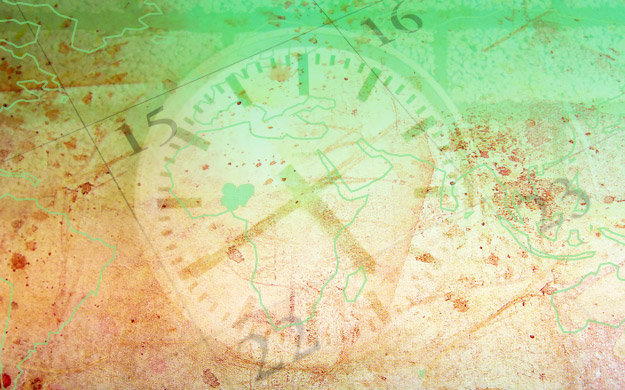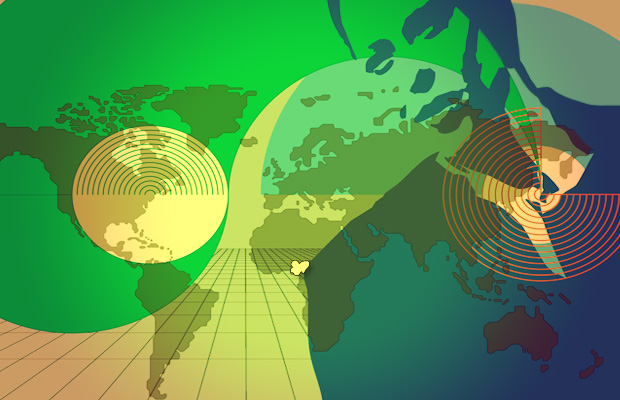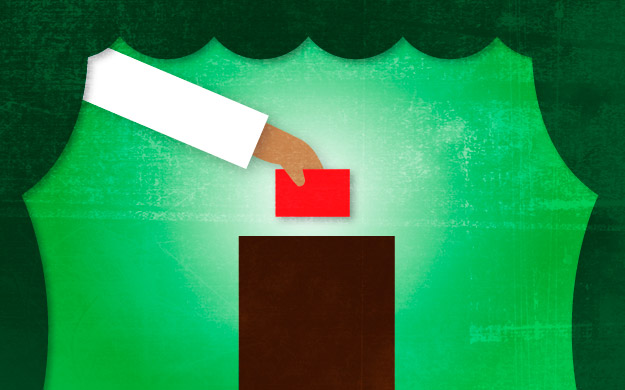
Is 50 years enough?
The BBC website reported news about the Nigerian Army’s recent arrest of a suspected militant gang leader along with more than 50 of his cohorts over a recent kidnap of oil workers. It was reported that the hostages were abducted when gunmen attacked an oil rig in the oil-rich Niger Delta area of the country; all the hostages were said to have been freed.
Kidnapping is one the social problems facing the most populous black nation today. Nigeria, like every other country has its political, social and economical problems. However, it has been said that many Nigerians are not reaping the dividends of the country’s immense natural wealth or the democracy that the move to civilian government was supposed to have ushered in. There is a school of thought that it’s too early to expect so much from a country that has been an independent state for just five decades. Those who subscribe to this notion believe that Nigeria, being a developing country should not be compared to developed nations like the UK or USA. They argue that the USA got her independence in 1776 and has gone through various phases to be where it is today. While I agree a third world country should not be compared to developed economies, I disagree with the idea that half a century is not enough time to assess a country. One thing I believe many would agree on is that Nigeria has the potentials of becoming a great and respected nation state in the international community.
The International Monetary Fund statistics of April 2009 of World’s largest economies based on Gross Domestic Product (GDP; the value of all final goods and services produced within a nation in a given year) ranked Nigeria 37th with an estimated GDP of $353.2 billion, ahead of Switzerland, Norway, Portugal, Romania and Singapore. Nigeria’s export was estimated at $45.43billion with export goods including petroleum and petroleum products, cocoa and rubber. Foreign reserve as at 31 December 2009 stood at $46.5billion. While I can go on and on with the figures, there is no doubt Nigeria is a country with vast resources. It was not a surprise that Bill Clinton, former American president, on his visit to Nigeria in 2000 said ‘give me Nigeria and I will feed the world’.
Despite the enormous wealth which abounds in Nigeria, some causes for concern still linger. Corruption, poverty, unemployment, high infant mortality rate, irregular power supply and religious intolerance are some of those challenges that face the country today. Some Nigerians have said the years of military rule hindered economic development. While some say the amalgamation in 1914 of Northern and Southern Nigeria was without adequate preparation for unified national goals. Although it is widely argued that the amalgamation was not intended to create a nation in the sense of forging over 250 ethnic groups into one but for different regions to develop at its own pace.
I will remember for a long time to come the statements attributed to the President, Dr Jonathan Goodluck during the opening ceremony of the car manufacturing company in Nigeria. He was quoted as saying
“Today is a day of happiness. It is an indication of the drive we expect as we enter another 50 years … At 1960, the countries that we featured at the same level of economic and industrial development have left us behind… The present Nigerian generation agreed that we must retrace our history and move forward’
I believe Malaysia is one of the countries Mr. President referred to. Malaysia became independent from Britain in 1957. Since then, by prudent management the country has had significant improvement in every sector. According to United Nations data (2005-2010), Malaysia has an infant mortality rate (a standard in determining the overall efficiency of healthcare) of 8.9 per 1000 live births with Nigeria at 109.5 per 1000 live births. Life expectancy rate at birth in Malaysia was put at 74 years, Nigeria’s at 47years. In 2009, GDP per capita (PPP) of Malaysia was US$14,900 while Nigeria’s was less than $3,000.
There is no doubt that 50years is enough time to chart the course of a country in the right direction. Whatever the history of Nigeria has been, the challenge is to move forward and up. We can start by getting the basics right – good transportation system, clean drinking water, reliable power supply, good healthcare system and a secured society. It is not enough to have sustained economic growth where an average citizen cannot conveniently afford three-square meal a day. It is not great to have abundant wealth where many go hungry.
“In a country well governed, poverty is something to be ashamed of. In a country badly governed, wealth is something to be ashamed of”
I believe there is greatness ahead of Nigeria and nothing should make us lose the hope that a better future lies ahead. While we prayerfully hold on to this unflinching hope, we must not stop loving our fatherland.
“Men (and women) love their country, not because it is great, but because it is their own”






pretty nice, well delivered, quite enlightening.